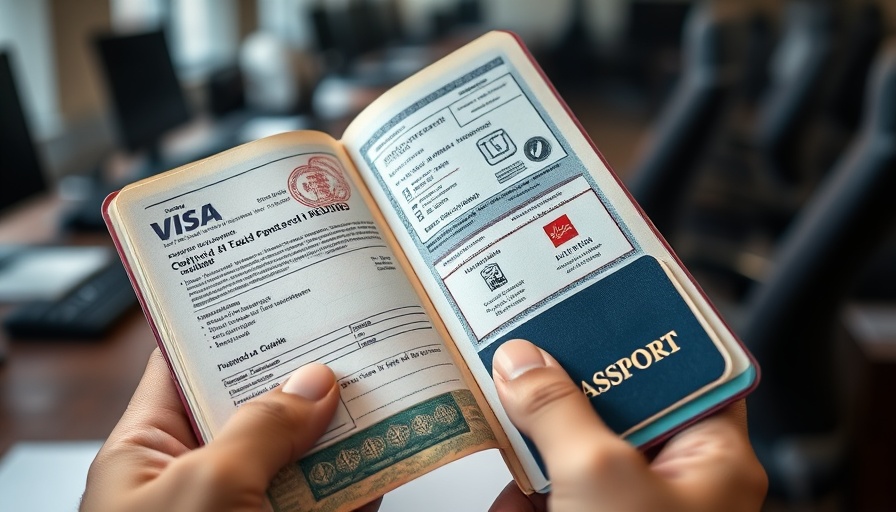
Burkina Faso's Bold Move: Zero Visa Fees for African Nationals
In a landmark decision announced by the military-ruled government of Burkina Faso, all visa fees for African nationals traveling to the country have been eliminated. This pivotal policy shift comes as part of the nation's broader strategy aimed at enhancing Pan-African solidarity and nurturing economic ties across the continent. Following a cabinet meeting led by Captain Ibrahim Traoré, the Security Minister, Mahamodou Sana, expressed that this initiative seeks to boost tourism and highlight Burkina Faso's rich cultural heritage, thereby attracting an influx of visitors from across Africa.
A Step Towards Regional Integration
This policy aligns with the African Union's aspirations for free movement within the continent and mirrors similar initiatives by neighboring countries like Ghana, Rwanda, and Kenya. By removing visa barriers, Burkina Faso attempts to foster greater social and economic integration, which could potentially pave the way for increased investment and collaboration in trade and tourism.
The Context: Military Rule and Governance Challenges
While this decision has been met with optimism, it emerges from a complex backdrop. The current junta, which seized power in a military coup in 2022, has been critical of lingering colonial legacies and has positioned itself against Western influences, gaining traction particularly among younger demographics. However, the junta's governance continues to face scrutiny as Burkina Faso battles insurgent attacks within its borders, emphasizing the need for a stable environment that can fully capitalize on tourism potential.
Strategic Partnerships in a Turbulent Region
In response to escalating security threats, Burkina Faso, in conjunction with Mali and Niger, has established a joint task force aimed at combating insurgency. This regional cooperation is critical as the Sahel region faces increasing violence from militant groups, threatening not just local governance but also regional stability.
Understanding the Tourism Landscape
Burkina Faso's move to abolish visa fees signifies a shift in how the country views its tourism industry as a vital component for economic recovery. Not only does tourism contribute to direct revenue through visitor spending, but it also creates jobs and stimulates ancillary services, from hospitality to local artisanal sectors. As the country seeks to diversify its economy, facilitating a smoother travel experience for African nationals may be a key strategy.
Potential Economic Gains and Challenges Ahead
By boosting tourism, Burkina Faso hopes to augment its economic standing within the region. However, the challenges remain substantial. Economic growth will be contingent upon ensuring security, providing adequate infrastructure, and presenting a stable and inviting environment for travelers. Critics argue that while the removal of visa fees is a commendable step, effective governance and security must accompany these efforts for them to yield tangible benefits.
Paving the Way for Future Policies
As Burkina Faso embarks on this new path, the implications extend beyond tourism. This initiative resonates with greater African unity in the wake of persistent borders imposed during colonial times. It poses the question: can similar policies lead to transformational shifts in regional dynamics and relations among African nations?
Conclusion: A Call to Embrace Unity
The elimination of visa fees resonates with a significant moment for Burkina Faso as it seeks to carve out a prominent role within Africa's evolving landscape. Similar actions could inspire other nations to reconsider restrictive travel policies, forging a new era of connectivity and cooperation across the continent. Policymakers and citizens alike should be vigilant and supportive of these transformative initiatives for a brighter, united Africa.
 Add Row
Add Row  Add
Add 




Write A Comment